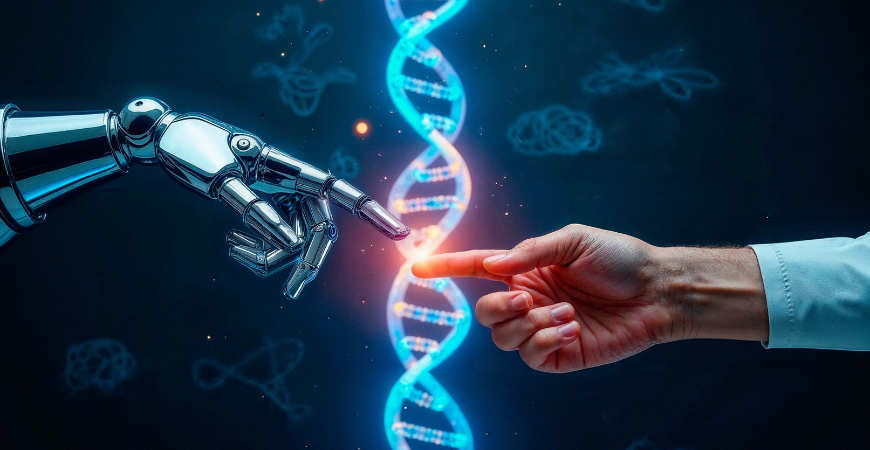Insights

AI in the Workplace – Driving Smarter Decisions Everywhere
Artificial Intelligence (AI) has rapidly evolved from being a futuristic concept to a practical tool that is transforming how organizations operate. Today, AI is not only enhancing efficiency—it is fundamentally reshaping decision-making across industries. From automating repetitive processes to generating actionable insights, AI enables businesses to make faster, smarter, and more strategic choices that drive growth and innovation.
Beyond Automation: The Rise of Intelligent Workflows
At its earliest stages, AI adoption was often associated with automation—reducing manual effort by handling repetitive, time-consuming tasks. While automation remains a powerful benefit, modern AI goes much further. With machine learning, natural language processing, and predictive analytics, AI systems can understand complex patterns, anticipate needs, and even suggest optimal outcomes. This allows organizations to create intelligent workflows where processes are not just automated but continuously improved through data-driven learning.
Empowering Smarter Decision-Making
Every business leader understands that the quality of decisions determines long-term success. Yet in a world overflowing with data, making sense of information quickly can be overwhelming. AI empowers decision-makers by transforming raw data into actionable intelligence. For example, predictive analytics can forecast customer demand, AI-powered dashboards can highlight financial risks in real-time, and intelligent assistants can provide recommendations based on historical trends. By augmenting human expertise with AI insights, organizations reduce guesswork and improve outcomes.
Enhancing Employee Productivity and Engagement
AI is not about replacing people—it’s about enabling them to focus on higher-value work. Intelligent chatbots can handle customer inquiries around the clock, freeing up employees to focus on complex problem-solving and relationship-building. Smart tools can assist HR teams with recruitment by screening applications more efficiently, or help sales teams by suggesting leads with the highest potential. When AI handles repetitive tasks, employees are more engaged, creative, and productive—driving better results for both individuals and the organization.

